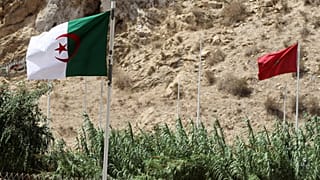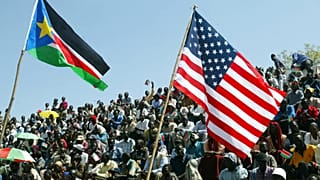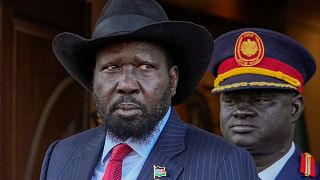South Sudan
For South Sudanese rapper Lual D’awol, music can be an act of political defiance. The rapper started off his music career after his country’s independence in 2011.
And being one of South Sudan’s most popular rappers, he has released several hit songs, others, however, are still subject to censorship.
Only recently soldiers stormed into one of his concerts to stop his performance. The threats did not however intimidate him, and the next day he took over the microphone and returned on stage. He is more than determined.
The government banned one of Lual’s most popular songs, “Dowla Jadit,” from playing on local radio stations, according to VOA.
“Dowla Jadit” means “New Nation” in the local Arabic language. In the song, Lual criticizes local officials who he says always reply, “We are a new nation,” as an excuse for the lack of public services like water and electricity. Lual said he received death threats after releasing the song.
“It is just people trying to rattle me, trying to scare me, and trying to get me to sing things that make no sense, or talk about falseness and fake things that are not really happening, clubbing and what, but that is not the reality in South Sudan,” he told VOA.
“They will kill me to shut me up. That’s all I have to say, I will remain myself a gun and not change anything,” he says.
Lual who was raised in the United States returned to what was then southern Sudan in 2009 with hopes of helping the country grow. He’s currently working on his next album, which he has put together with artists and producers from the country’s different ethnicities.
His goal is to through his lyrics, to push the boundaries of free speech in a country where perceived government critics have been jailed, beaten or killed.











01:18
Tunisian opposition leader, Abir Moussi, handed 12-year jail term
02:01
Sudan: RSF capture of Heglig threatens South Sudan's oil exports
02:20
In Trinidad and Tobago, a new generation embraces the sound of the steelpan
01:00
Children in Gaza find peace in music lessons
01:08
Report highlights significant security deterioration in South Sudan
02:19
Janet Jackson honored at Gala of the stars, says she has no plans to stop dancing